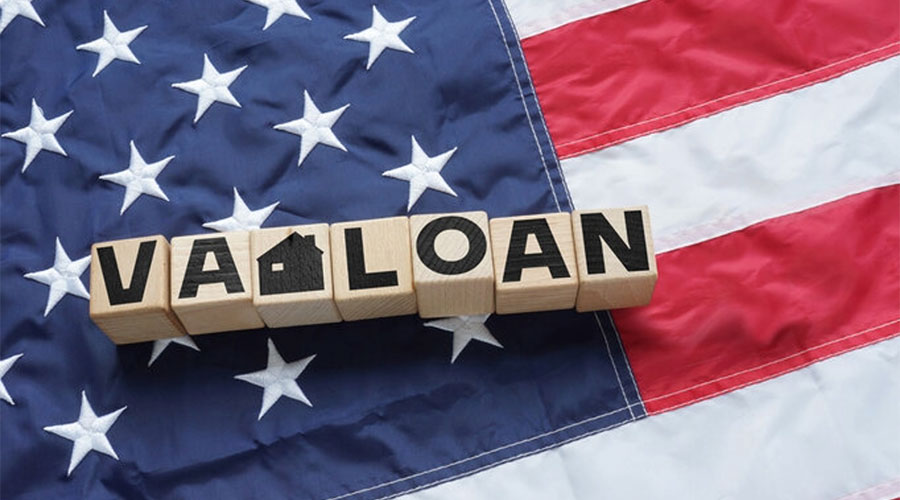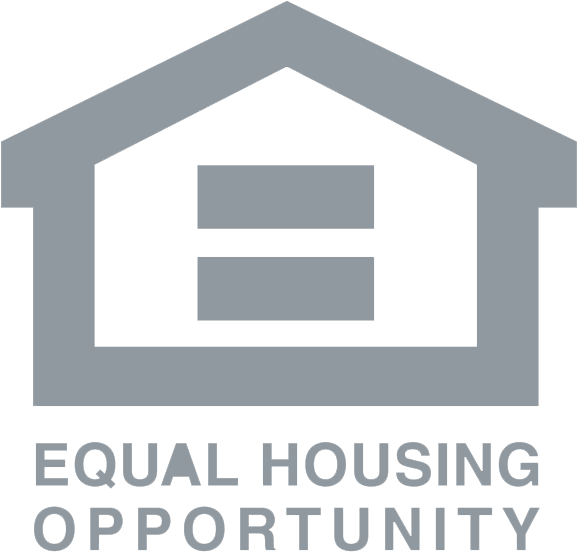
VA HOME LOANS
VA Home Loans are a unique benefit offered to veterans, active-duty service members, and their families. These federally guaranteed loans require no down payment and come with lower interest rates, making homeownership more accessible for those who have served our country. With no requirement for private mortgage insurance (PMI) and reduced closing costs, VA loans are a powerful tool for veterans seeking to buy or refinance a home.
Wartime/Conflict Veterans
Veterans who served at least 90 days during wartime and were not dishonorably discharged.
- World War II: September 16, 1940 – July 25, 1947
- Korean Conflict: June 27, 1950 – January 31, 1955
- Vietnam Era: August 5, 1964 – May 7, 1975
- Vietnam Era – August 5, 1964 to May 7, 1975
- Persian Gulf War, Afghanistan, Iraq: Contact the Veterans Administration Office for current eligibility details.
Peacetime Service
Veterans with at least 181 days of continuous active duty with an honorable discharge. Specific dates and conditions apply depending on when you served.
Reserves and National Guard Members:
Eligibility varies; check with your VA office.
Surviving Spouses:
The unremarried spouse of a veteran who died as a result of service, or the spouse of a service member who is missing in action (MIA) or a prisoner of war (POW).
VA loans must be used to finance your personal residence within the United States or its territories. Eligible property types include:
- Existing single-family homes
- Townhouses or condominiums in VA-approved projects
- New construction residences
- Manufactured homes and lots
- Home refinances and certain types of home improvements
VA Loans come with numerous benefits that make them an attractive option for eligible borrowers:
- 100% Financing: No down payment required, which can significantly reduce upfront costs.
- No Private Mortgage Insurance (PMI): Unlike conventional loans, VA loans do not require PMI, which can save you hundreds of dollars per month.
- No Prepayment Penalties: You can pay off your loan early without worrying about additional fees.
- Competitive Interest Rates: VA loans typically offer lower interest rates than conventional loans.
- Easier Qualification: VA loans often have more lenient credit and income requirements compared to conventional loans.
- Seller-Paid Closing Costs: In many cases, sellers can cover some or all of your closing costs, further reducing your out-of-pocket expenses.
- Down Payment Assistance: You can combine a VA loan with down payment assistance programs to reduce your costs even further.
You can apply for a VA loan through any mortgage lender that participates in the VA loan program. In addition to the lender’s application requirements, you’ll need:
- Certificate of Eligibility (COE): This document can be obtained from the VA by submitting VA Form 26-1880.
- Proof of Military Service: This can be acquired through a a href=”http://www.benefits.va.gov/HOMELOANS/index.asp” target=”_blank” rel=”noopener”>VA Eligibility Center.
Your VA loan eligibility can be reused in certain situations. If your prior VA loan has been fully paid off and you’ve sold the property, you can have your eligibility restored. Even if you still own the property, you may be able to restore your eligibility on a one-time basis after paying off your VA loan. To restore your eligibility, submit VA Form 26-1880 to the VA Eligibility Center along with proof of loan payoff and, if applicable, proof of property sale.
While VA loans offer many benefits, there are some potential downsides:
- Assumable Loans: VA loans made before March 1, 1988, can be assumed by a new buyer without qualifying. If the buyer defaults, the original veteran homeowner may still be liable for the loan.
- Longer Processing Times: Some sellers may be hesitant to work with VA loan buyers due to the longer processing times compared to conventional loans.
- Seller-Paid Costs: VA loans often require sellers to cover certain closing costs, which can make negotiations more challenging in some cases.
VA loans are a fantastic benefit for those who have served our country, offering an opportunity for homeownership with favorable terms and conditions. If you’re a veteran, active-duty service member, or an eligible spouse, consulting with a mortgage professional can help you determine how a VA loan can fit into your homeownership path.
Joining Over 800,000 Students Enjoying Avada Education now
Become Part of Avada University to Further Your Career.

VA HOME LOANS
VA Home Loans are a unique benefit offered to veterans, active-duty service members, and their families. These federally guaranteed loans require no down payment and come with lower interest rates, making homeownership more accessible for those who have served our country. With no requirement for private mortgage insurance (PMI) and reduced closing costs, VA loans are a powerful tool for veterans seeking to buy or refinance a home.
Wartime/Conflict Veterans
Veterans who served at least 90 days during wartime and were not dishonorably discharged.
- World War II: September 16, 1940 – July 25, 1947
- Korean Conflict: June 27, 1950 – January 31, 1955
- Vietnam Era: August 5, 1964 – May 7, 1975
- Vietnam Era – August 5, 1964 to May 7, 1975
- Persian Gulf War, Afghanistan, Iraq: Contact the Veterans Administration Office for current eligibility details.
Peacetime Service
Veterans with at least 181 days of continuous active duty with an honorable discharge. Specific dates and conditions apply depending on when you served.
Reserves and National Guard Members:
Eligibility varies; check with your VA office.
Surviving Spouses:
The unremarried spouse of a veteran who died as a result of service, or the spouse of a service member who is missing in action (MIA) or a prisoner of war (POW).
VA loans must be used to finance your personal residence within the United States or its territories. Eligible property types include:
- Existing single-family homes
- Townhouses or condominiums in VA-approved projects
- New construction residences
- Manufactured homes and lots
- Home refinances and certain types of home improvements
VA Loans come with numerous benefits that make them an attractive option for eligible borrowers:
- 100% Financing: No down payment required, which can significantly reduce upfront costs.
- No Private Mortgage Insurance (PMI): Unlike conventional loans, VA loans do not require PMI, which can save you hundreds of dollars per month.
- No Prepayment Penalties: You can pay off your loan early without worrying about additional fees.
- Competitive Interest Rates: VA loans typically offer lower interest rates than conventional loans.
- Easier Qualification: VA loans often have more lenient credit and income requirements compared to conventional loans.
- Seller-Paid Closing Costs: In many cases, sellers can cover some or all of your closing costs, further reducing your out-of-pocket expenses.
- Down Payment Assistance: You can combine a VA loan with down payment assistance programs to reduce your costs even further.
You can apply for a VA loan through any mortgage lender that participates in the VA loan program. In addition to the lender’s application requirements, you’ll need:
- Certificate of Eligibility (COE): This document can be obtained from the VA by submitting VA Form 26-1880.
- Proof of Military Service: This can be acquired through a a href=”http://www.benefits.va.gov/HOMELOANS/index.asp” target=”_blank” rel=”noopener”>VA Eligibility Center.
Your VA loan eligibility can be reused in certain situations. If your prior VA loan has been fully paid off and you’ve sold the property, you can have your eligibility restored. Even if you still own the property, you may be able to restore your eligibility on a one-time basis after paying off your VA loan. To restore your eligibility, submit VA Form 26-1880 to the VA Eligibility Center along with proof of loan payoff and, if applicable, proof of property sale.
While VA loans offer many benefits, there are some potential downsides:
- Assumable Loans: VA loans made before March 1, 1988, can be assumed by a new buyer without qualifying. If the buyer defaults, the original veteran homeowner may still be liable for the loan.
- Longer Processing Times: Some sellers may be hesitant to work with VA loan buyers due to the longer processing times compared to conventional loans.
- Seller-Paid Costs: VA loans often require sellers to cover certain closing costs, which can make negotiations more challenging in some cases.
VA loans are a fantastic benefit for those who have served our country, offering an opportunity for homeownership with favorable terms and conditions. If you’re a veteran, active-duty service member, or an eligible spouse, consulting with a mortgage professional can help you determine how a VA loan can fit into your homeownership path.
Joining Over 800,000 Students Enjoying Avada Education now
Become Part of Avada University to Further Your Career.
-
First-Time Homebuyer Guide to MortgagesMarch 15th, 2016
-
The Ultimate Guide to Home Mortgage RefinancingOctober 1st, 2024
-
The Loan ProcessOctober 18th, 2024
-
First-Time Homebuyer Guide to MortgagesMarch 15th, 2016
-
The Ultimate Guide to Home Mortgage RefinancingOctober 1st, 2024
-
The Loan ProcessOctober 18th, 2024
- No comments have been published yet.






